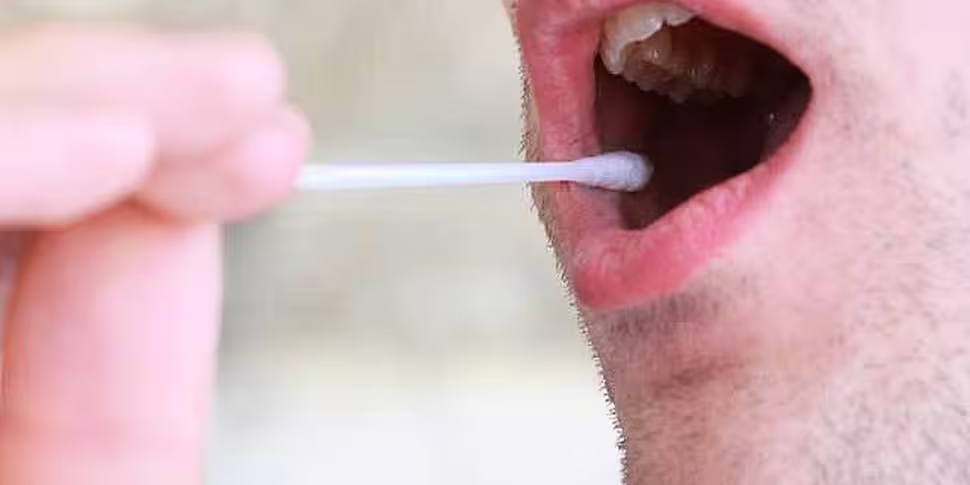A story on Newstalk.com today suggests that the HIV virus may be mutating in a milder direction. This is welcome news, particularly for parts of the world where access to treatment is still uncertain and where prevention behaviour is still not the norm. At present, that would include the Republic of Ireland.
In Ireland, very many people only discover that they are HIV positive either when they are tested for some other sexually transmitted infection that has been made evident by sores. For example, according to the statistics for 2013 in the Health Protection Surveillance Centre’s (HPSC) report, nearly half of all men who have sex with men (MSM) receiving an HIV diagnosis, do so at the same time as being found to be infected with other STIs. For people reporting heterosexual activity as the most likely route of HIV transmission, only about one quarter are given a diagnosis with another STI at this time.
In Ireland, then, it may be that people are not accessing treatment as early as they might. This is reinforced by another feature of the HIV diagnoses in Ireland. Very many of the infections are only diagnosed relatively late when the virus has already done extensive damage to the immune system of the patient. In this respect, MSM seem to be acting in a more responsible manner than the generality of HIV-infected persons.
One indication of the damage that HIV has done to the immune system is to look at the decline in the type of white blood cells crucial for the effective working of immunity; these are the CD4 cells. For the HIV-infected persons diagnosed in 2013, and for whom the CD4 count is known, heterosexual men, heterosexual women and people for whom the most likely route of transmission was injecting drugs, a larger proportion of each group presented with low CD4 counts, than was the case among MSM.
Taking a CD4 count of 350 as a cut-off, the HPSC report finds just over a third of MSM have a count below this, whereas for the other three groups the figure is about three-fifths. Nevertheless, the overall average is poor.
Tackling homophobia to prevent AIDS
Ireland does not have to wait for the strength of the virus to decline before it can address its own epidemic. We can make sure that the infectiousness of those people who carry the virus is reduced. We can do this making sure that HIV-infected persons get early treatment. To do this we will have to reduce the stigma around HIV and address the homophobia that undermines the health-seeking behaviour of MSM, as reviewed here.
Homophobia makes people fearful of an HIV diagnosis and gay or straight they may live in denial of their own vulnerability. Yet, if we could find ways to bring people to treatment earlier then the half of all HIV cases currently presenting after their immune system has already been damaged, could be given medicine that would preserve their immunity.
Furthermore, this half of all HIV diagnoses (at least) who has been living with the virus for quite some time before diagnosis are also the most likely source of new infections for the currently uninfected. If we gave them medicine they would have less of the virus in their blood and would be less likely to infect others were they to engage in unsafe behaviour.
Finally, as the drug Truvada comes increasingly to be seen as a viable preventative medicine against HIV infection, the Irish health system should review the evidence and if it does seem as strong as currently seems likely, then, people at risk of infection should be afforded Pre-Exposure Prophylaxis, that is given the drug so that even if exposed to HIV they would be unlikely to get infected.
AIDS is a horrible disease and even the treatments for HIV still are expensive and have unpleasant side effects. No one should suffer this unnecessarily. STIs are a fact of life, unsafe sex is a fact of life, and while we know that it is best for people to protect themselves against infection with condoms and by not sharing needles, we also know that most people take risks, some more often and some less often. With Truvada, we can at least mitigate one of the worst set of side effects of unsafe sex and drug use; that is the likelihood of contracting HIV and thus going on to develop AIDS.
So, instead of placing our confidence in a seeming drift in the strength of the HIV virus, we should commit ourselves instead to improving the health of our vulnerable citizens, with prophylaxis, testing, and treatment.
Gerry Kearns is Professor of Human Geography at Maynooth University.









